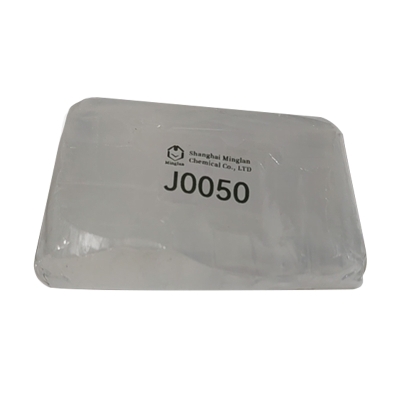-
Categories
-
Pharmaceutical Intermediates
-
Active Pharmaceutical Ingredients
-
Food Additives
- Industrial Coatings
- Agrochemicals
- Dyes and Pigments
- Surfactant
- Flavors and Fragrances
- Chemical Reagents
- Catalyst and Auxiliary
- Natural Products
- Inorganic Chemistry
-
Organic Chemistry
-
Biochemical Engineering
- Analytical Chemistry
-
Cosmetic Ingredient
- Water Treatment Chemical
-
Pharmaceutical Intermediates
Promotion
ECHEMI Mall
Wholesale
Weekly Price
Exhibition
News
-
Trade Service
On Wednesday (December 8), crude oil rose 0.
69% to close at $75.
96 / barrel
.
Since Dec.
1, global benchmark Brent crude has rebounded about 10 percent, recovering nearly two-thirds of its losses due to the new variant
.
The market tone has not changed, investors no longer believe that the Omicron variant will undermine global economic growth, and oil prices continue to recover
.
Crude oil prices rebounded
last week after falling into a bear market last week as lockdowns were imposed to guard against new virus variants, raising concerns about the impact on fuel demand.
But so far, the data shows little sign of a major hit to oil consumption, while OPEC+ maintains flexibility to abandon plans to increase production, which has also provided support to oil prices
.
Early trial data suggest that two doses of the Pfizer/BioNTech vaccine may only partially protect Omicron, but a third dose of their developed vaccine can restore protection against the new variant
.
Giovanni Staunovo, commodities analyst at UBS, said: "Some of the concerns related to Omicron and oil demand may be overly pessimistic, so oil prices have rebounded
after some positive news in recent days.
”
PVM Oil Associates analyst Stephen Brennock said cautious optimism that the Omicron variant will hit the global economy and thus energy demand less than initially feared
prevailed.
However, the market's concerns about Omicron have not completely subsided
.
British Prime Minister Boris Johnson announced new pandemic measures
in England at a televised press conference on Wednesday.
Even before Omicron, new coronavirus cases in the UK had been high for months, so there were warnings that the new strain would overwhelm the hospital system
, he said.
To curb the spread of the new mutated strain, people are advised to work
from home.
Before Johnson announced the launch of Plan B, Scotland, Wales and Northern Ireland had already imposed stricter restrictions
.
Government science adviser Neil Ferguson said Wednesday that Omicron's incidence in the UK doubled every two to three days, meaning it could become the country's dominant circulating strain
before Christmas.
While the new rules are nowhere near as draconian as they were when previous lockdowns were imposed, they still represent a major adjustment
.
The recent market reaction to the weekly US oil inventory data has been muted
.
According to the EIA inventory report, U.
S.
Strategic Petroleum Reserve (SPR) inventories fell to their lowest level since May 2003 in the week ended Dec.
3, with commercial crude inventories excluding strategic reserves falling by 241,000 barrels to 432.
9 million barrels, gasoline inventories increasing by 3.
882 million barrels, refined oil inventories increasing by 2.
733 million barrels, and Cushing crude inventories increasing by 2.
373 million barrels
.
U.
S.
domestic crude production rose 100,000 b/d to 11.
7 million b/d last week, the highest
since the week of May 1, 2020.
U.
S.
refinery refined product supply, an indicator of demand, reached 20.
9 million b/d in the past four weeks, exceeding pre-pandemic consumer use
.
After the data was released, the two major crude oil indicators briefly fell and quickly recovered their losses
.
The White House and Tehran have resumed talks on Iran's nuclear program, but agreement on a resumption of the 2015 deal that limits Iran's nuclear development is still a distant matter, and Western officials have expressed disappointment
at Iran's widespread demands.







